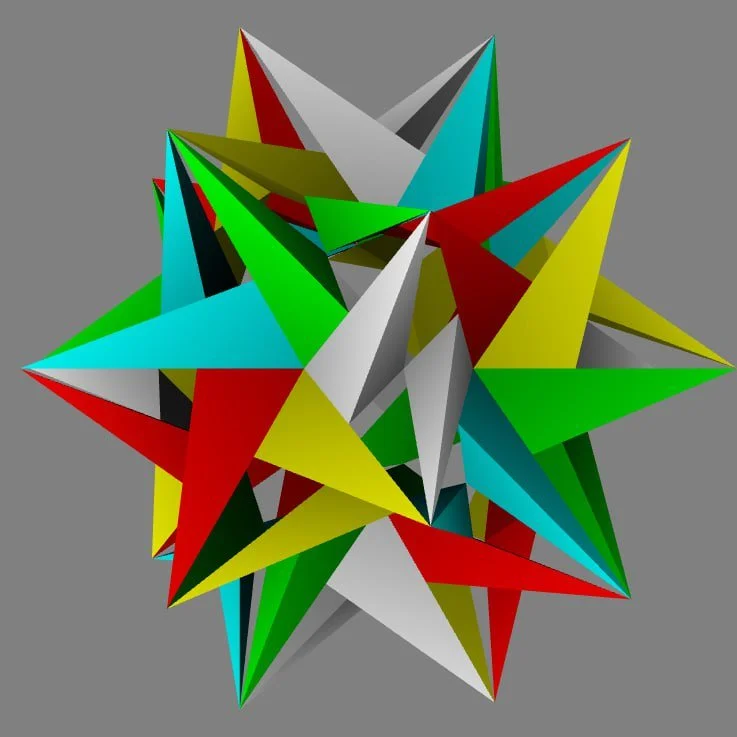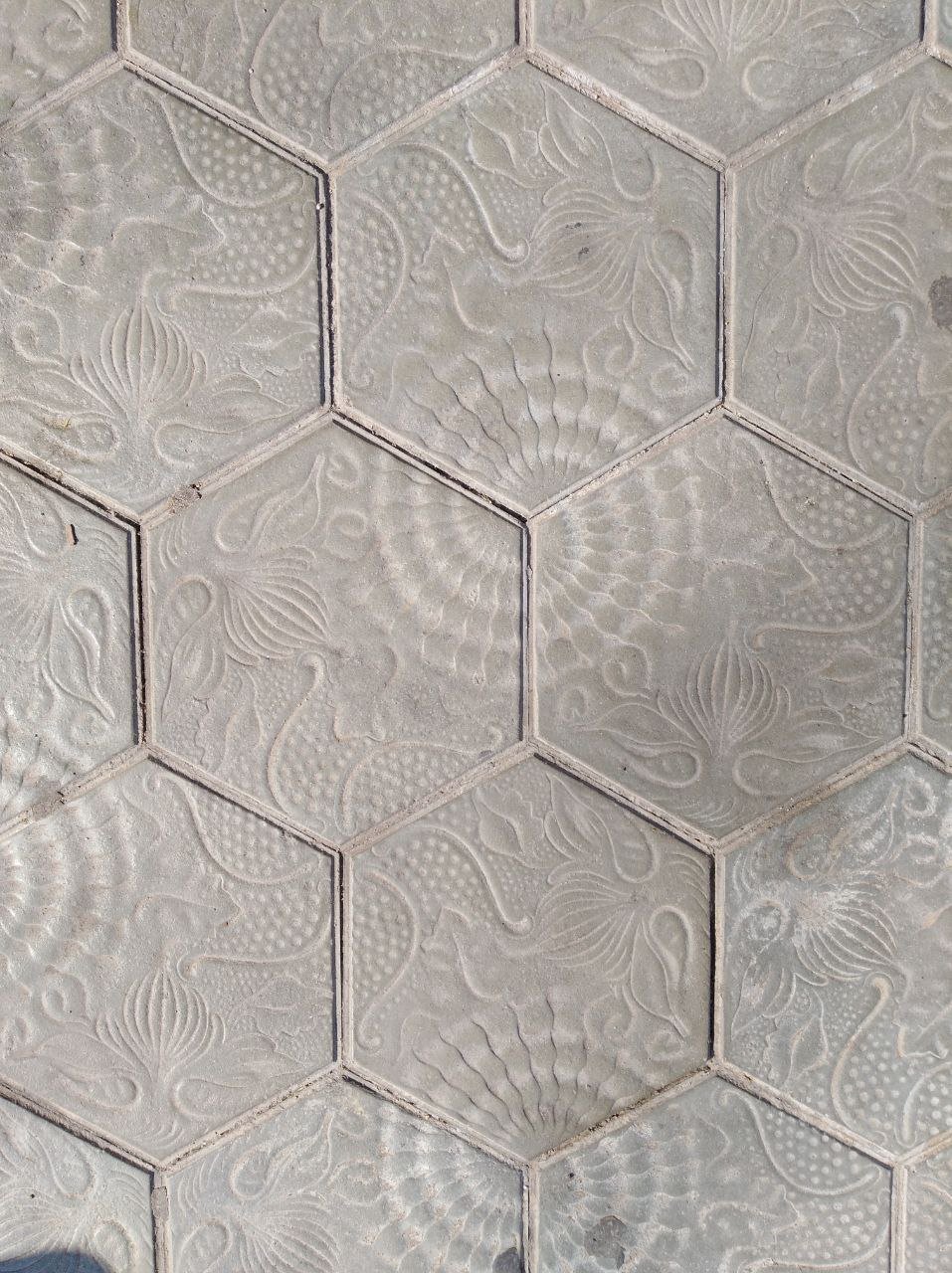
Seamlessly integrating mathematical concepts into enjoyable activities, we help kids see maths as a natural part of their world.
In our math lessons, children will engage in what they like to do the most: playing lots of games, building castles and cities, drawing on sand and on paper, sharing laughter, and generally having fun.
At such a young age, distinguishing between learning maths and simply learning how to think is nearly impossible. Mathematics is not just about numbers; it is a way of thinking, exploring, and understanding the world around us. Our approach ensures that children see maths as an exciting and integral part of their everyday adventures, fostering love for learning and encouraging natural curiosity.
Our approach ensures that children see maths as an exciting and integral part of their everyday adventures, fostering love for learning and encouraging natural curiosity.
Here are some math concepts we will explore during our lessons, in an appropriate for each age group way
- Symmetry: symmetry is both a mathematical and an aesthetic notion, and we will be exploring both sides of it, helping children not only explore one of fundamental scientific concepts, but also learn to view science and art as two part of the whole.
- Shapes: engaging with shapes encourages children to observe their surroundings more closely and enhances their ability to understand and interpret the world visually.
- 3D objects: playing with 3D objects and constructors can bring a lot of joy, and at the same time it helps develop spatial awareness and fine motor skills.
- Patterns: developing pattern recognition is an important part of child development, as it enhances cognitive skills, improves problem-solving abilities, and supports early learning.
- Functions: engaging in games that introduce the concept of functions without explicitly naming them.
- Algorithms: simple and enjoyable tasks that involve step-by-step instructions. (To put it simply: we will be pretending that we’re robots.)
Adults are encouraged to participate, both accompanying the kids and exploring more “grown-up” maths games and problems outside of kids’ lessons.



